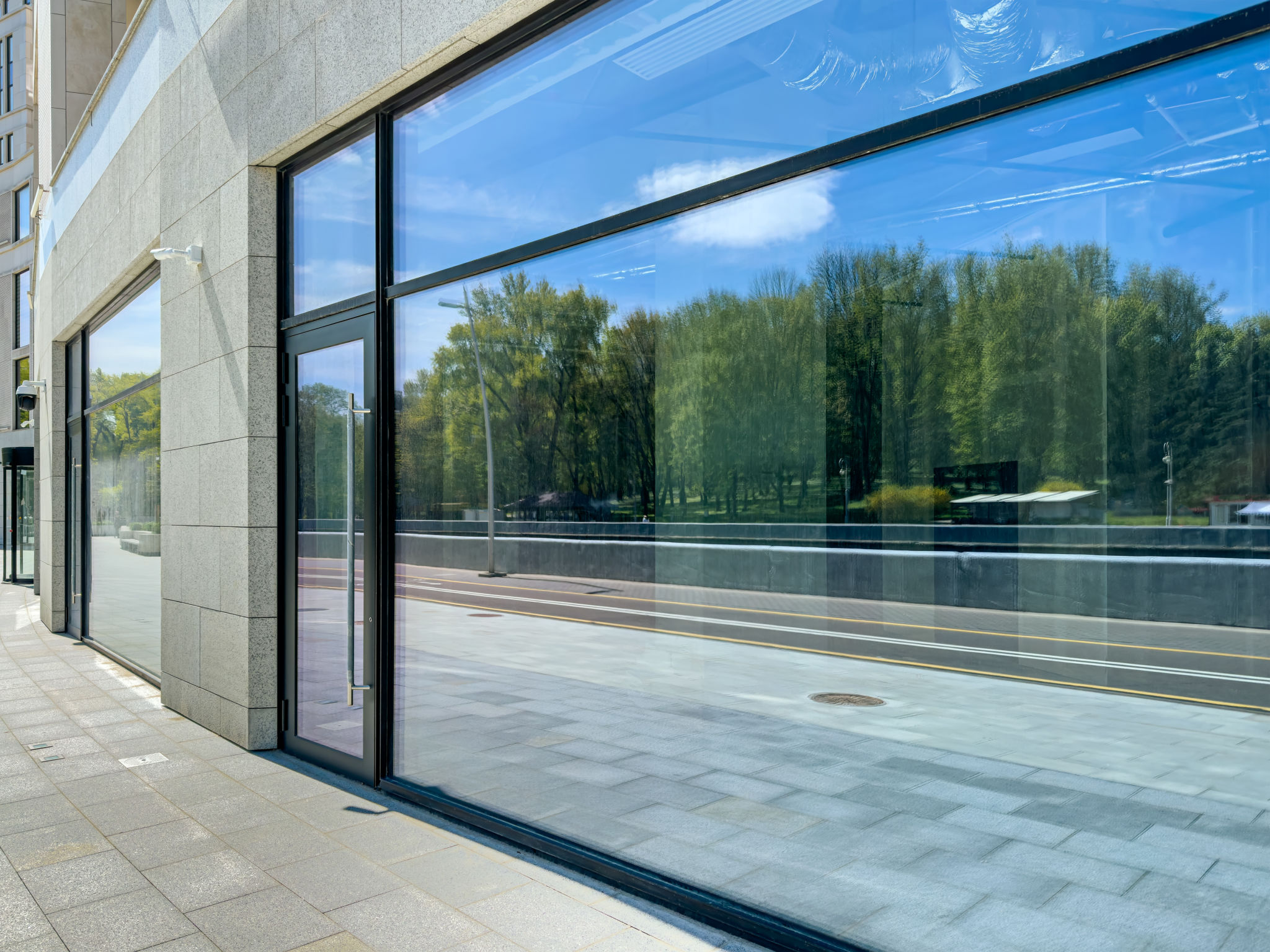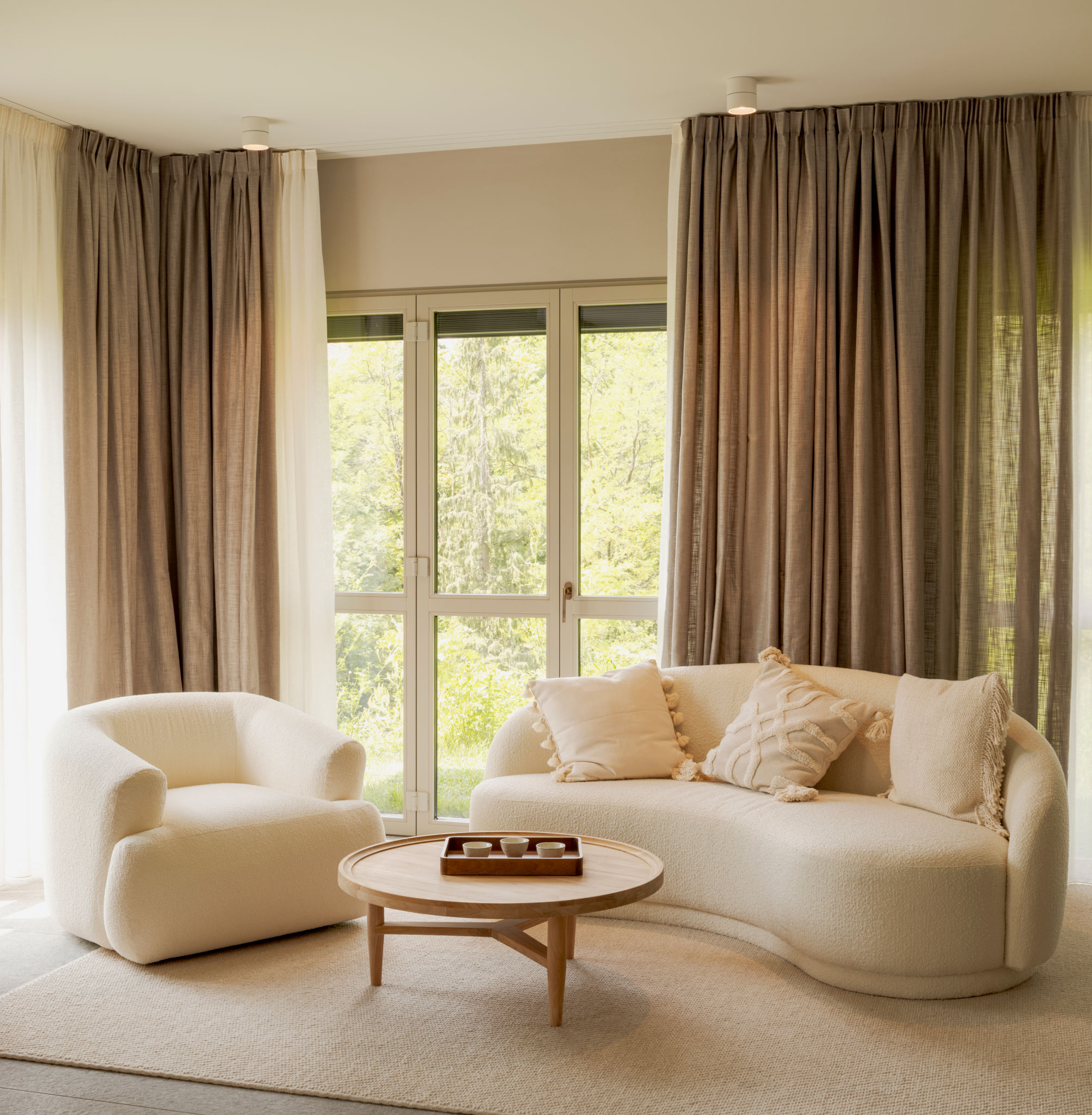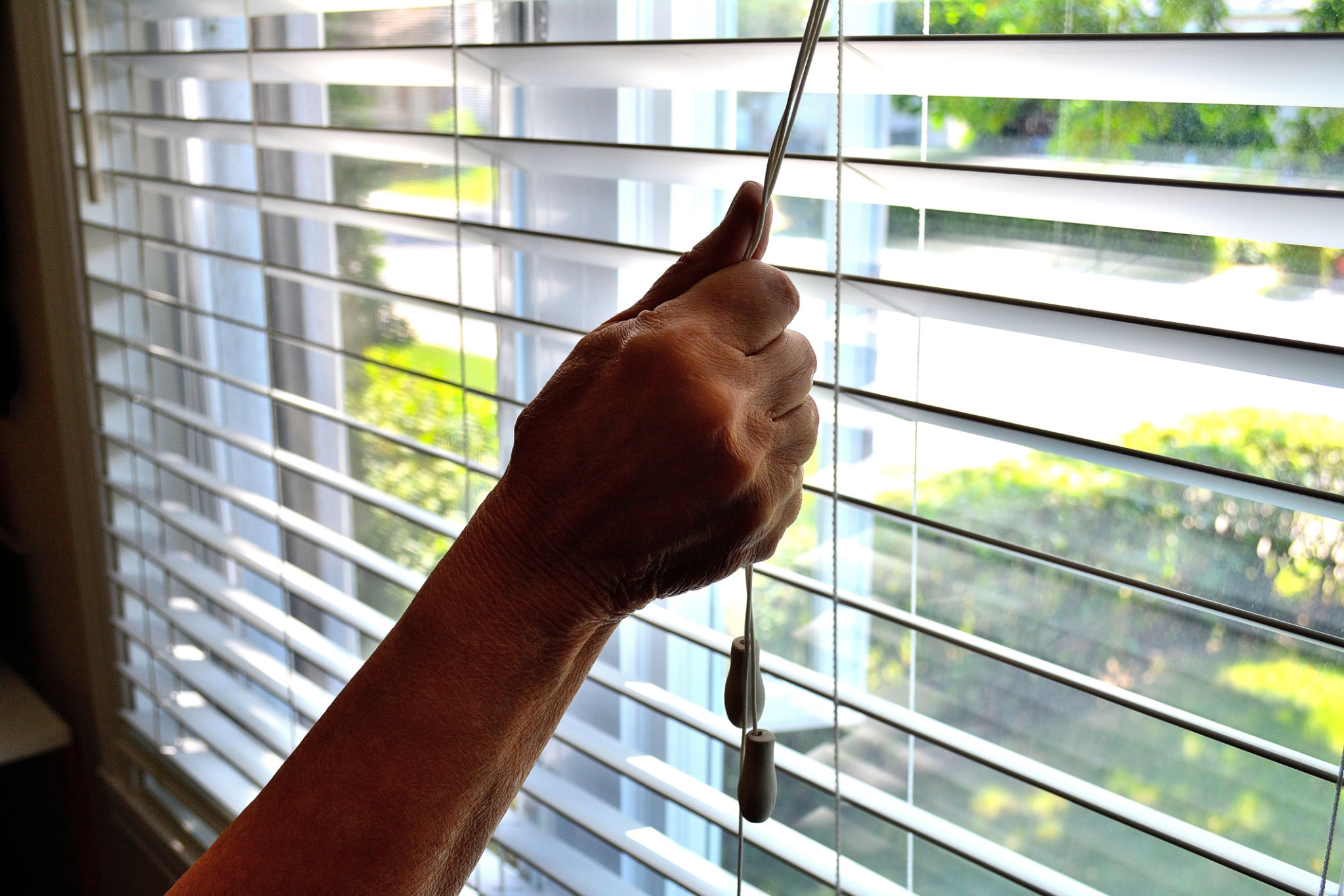Smart Glass vs. Traditional Window Treatments: Which is Better for UV Protection?
Understanding UV Protection
When it comes to protecting your home from harmful ultraviolet (UV) rays, it's essential to choose the right solution. UV rays can cause significant damage, fading your furnishings, and even impacting your health. When considering options, two popular choices are smart glass and traditional window treatments. Understanding how each works can help you make an informed decision.
Smart glass, also known as switchable glass, uses technology to change its transparency and block UV rays. On the other hand, traditional window treatments include blinds, curtains, and shades that provide a physical barrier against sunlight. Both have their advantages, but how do they stack up in terms of UV protection?

How Smart Glass Works
Smart glass operates by changing its light transmission properties through an electrical switch. This advanced technology allows you to control the amount of light and heat entering your space. When it comes to UV protection, smart glass often integrates a coating that blocks up to 99% of harmful UV rays, making it highly effective.
One of the key benefits of smart glass is its ability to provide privacy without sacrificing natural light. You can enjoy sunlight without worrying about the adverse effects of UV exposure. Additionally, smart glass can reduce glare and help maintain indoor temperatures, contributing to energy efficiency.

Traditional Window Treatments Explained
Traditional window treatments like blinds, curtains, and shades offer a more conventional approach to blocking UV rays. These treatments create a physical barrier that can prevent sunlight from entering a room. The level of UV protection depends on the material and design of the treatment.
For example, blackout curtains are highly effective at blocking light and UV rays, while lighter shades may offer less protection. It's important to consider the fabric's thickness and opacity when choosing window treatments for UV protection.

Comparing Effectiveness
When comparing smart glass to traditional window treatments in terms of UV protection, both have their strengths. Smart glass provides a high level of UV blocking with the added convenience of adjusting transparency. This flexibility allows you to enjoy natural light while still protecting your interiors.
Traditional window treatments, while less technologically advanced, offer dependable UV protection and can be easily customized to fit any décor style. They often come at a lower upfront cost than smart glass, making them a budget-friendly option for many homeowners.
Other Considerations
Aside from UV protection, there are other factors to consider when deciding between smart glass and traditional window treatments. Cost is a significant consideration, as smart glass tends to be more expensive due to its technology. However, it can lead to long-term savings through increased energy efficiency.
Maintenance is another factor. Smart glass requires minimal upkeep compared to some traditional treatments that might need regular cleaning or replacement. Additionally, smart glass offers seamless integration with smart home systems, providing convenience and modern appeal.
Conclusion: Which Is Better?
The decision between smart glass and traditional window treatments ultimately depends on your specific needs and preferences. If you prioritize advanced technology and energy efficiency, smart glass might be the better choice. However, if you're seeking a cost-effective solution with style flexibility, traditional window treatments may be more suitable.
Consider your budget, design preferences, and desired level of convenience when making your choice. Regardless of which option you select, both smart glass and traditional window treatments can effectively protect your home from the damaging effects of UV rays.
